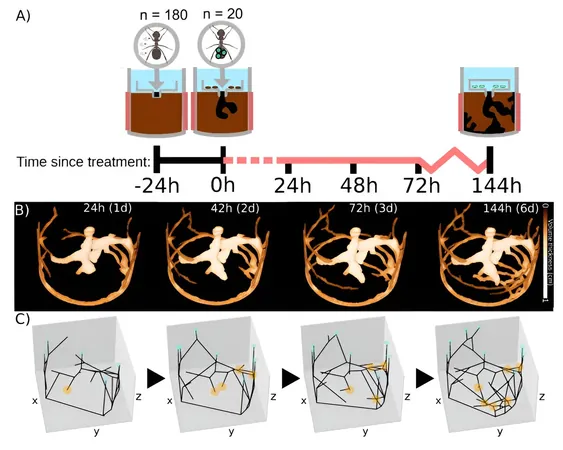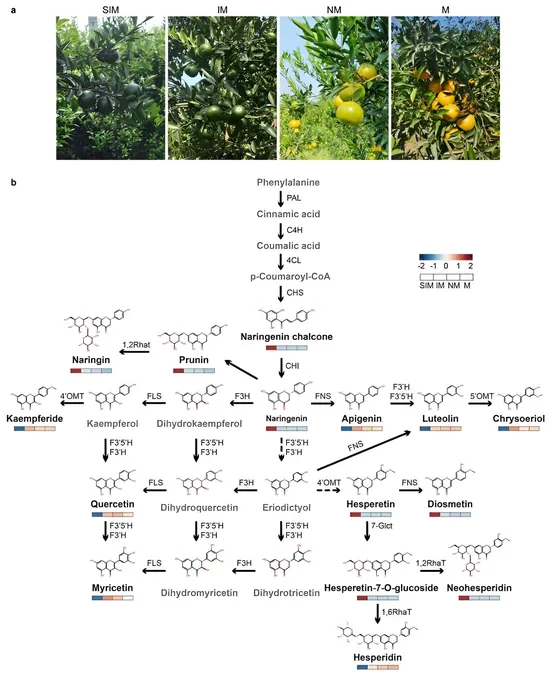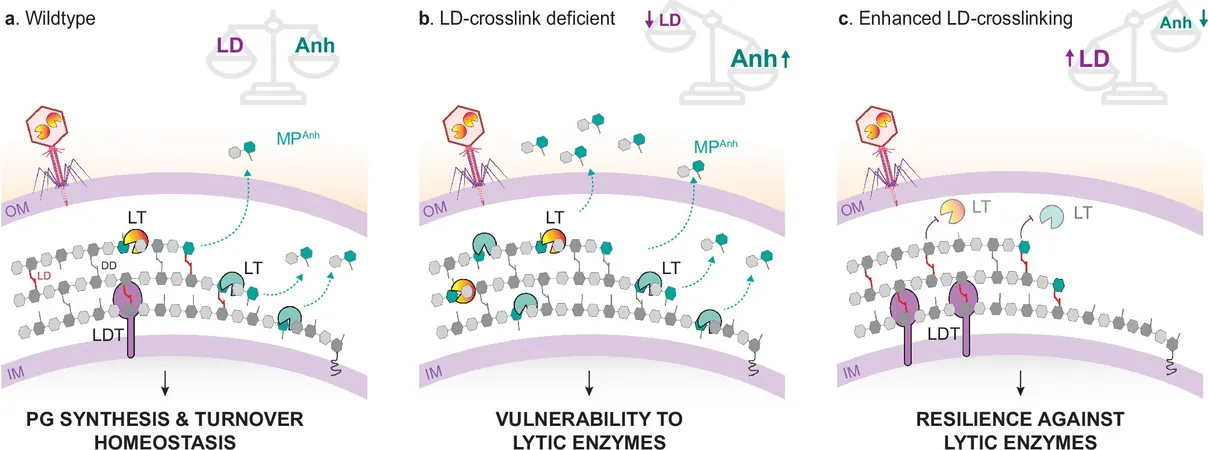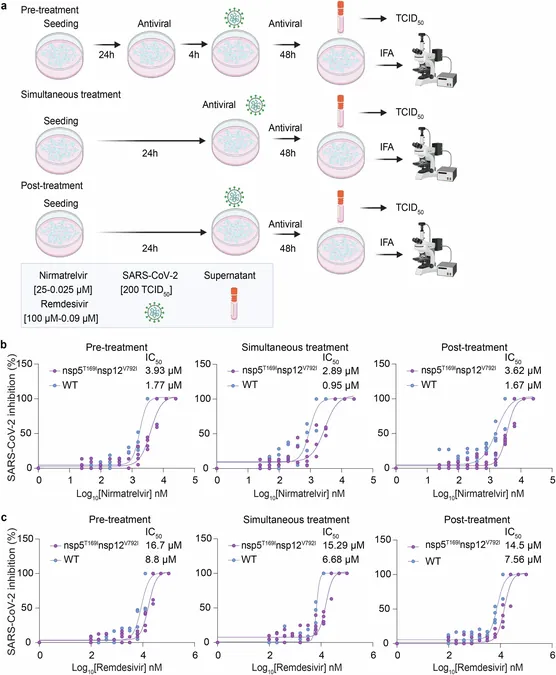
Incredible Ants Adapt Their Nests to Fight Fungal Infections!
2024-09-20
Incredible Ants Adapt Their Nests to Fight Fungal Infections!
Exciting new research from biologists at the University of Bristol has uncovered a remarkable behavior in black garden ants: they modify their nests to curb the spread of fungal infections. This groundbreaking study, recently published on the bioRxiv preprint server, reveals that these industrious insects have more in common with humans than we previously thought when it comes to combating disease.
Traditionally, it has been observed that many animals adapt their behavior to thwart infections, be they viral, bacterial, or fungal. Humans, for example, take drastic measures by sealing off parts of their homes or creating quarantine zones in healthcare settings. Until now, though, instances of non-human creatures altering their environments in such a manner were rare.
In this innovative study, the researchers aimed to explore whether black garden ants could similarly alter their nests to shield themselves from fungal threats. To conduct their experiments, the team gathered a significant number of black garden ants from their natural habitat, establishing 20 separate colonies in controlled lab conditions.
After allowing the ants to acclimate for a day, the scientists introduced 20 additional ants into each enclosure—half of which were infected with a notorious fungus that spreads amongst the ant population. Utilizing high-tech cameras and micro-CT scanners, the researchers diligently monitored the ants’ behavior and the structure of their nests.
The findings were astounding! In colonies with infected members, the ants dug new tunnels at a significantly quicker rate compared to uninfected colonies. Notably, after just six days, the spacing between tunnels in the infected nests was distinctly wider. This fascinating alteration in nest architecture suggests a strategic response to infection.
Furthermore, infected ants displayed intriguing behavioral shifts: they relocated their queen, food, and brood to less central positions within the nest. Uninfected ants also tended to avoid close contact with their infected counterparts, opting instead to stay near the surface, thus minimizing potential exposure to the fungus.
To understand the effectiveness of these adaptations, the researchers conducted disease transmission simulations, hastening the spread of the infection. The results were compelling: the ants’ modifications significantly lowered the fungal load in the colony, demonstrating their resilience and ability to survive adverse conditions.
This incredible adaptation not only highlights the advanced social behaviors of black garden ants but also serves as a reminder of the intricate ways organisms interact with their environments to ensure survival. As research continues, we may uncover even more surprising strategies in the animal kingdom that mirror our own approaches to disease prevention.
Stay tuned for more astonishing revelations from the world of science!




 Brasil (PT)
Brasil (PT)
 Canada (EN)
Canada (EN)
 Chile (ES)
Chile (ES)
 España (ES)
España (ES)
 France (FR)
France (FR)
 Hong Kong (EN)
Hong Kong (EN)
 Italia (IT)
Italia (IT)
 日本 (JA)
日本 (JA)
 Magyarország (HU)
Magyarország (HU)
 Norge (NO)
Norge (NO)
 Polska (PL)
Polska (PL)
 Schweiz (DE)
Schweiz (DE)
 Singapore (EN)
Singapore (EN)
 Sverige (SV)
Sverige (SV)
 Suomi (FI)
Suomi (FI)
 Türkiye (TR)
Türkiye (TR)